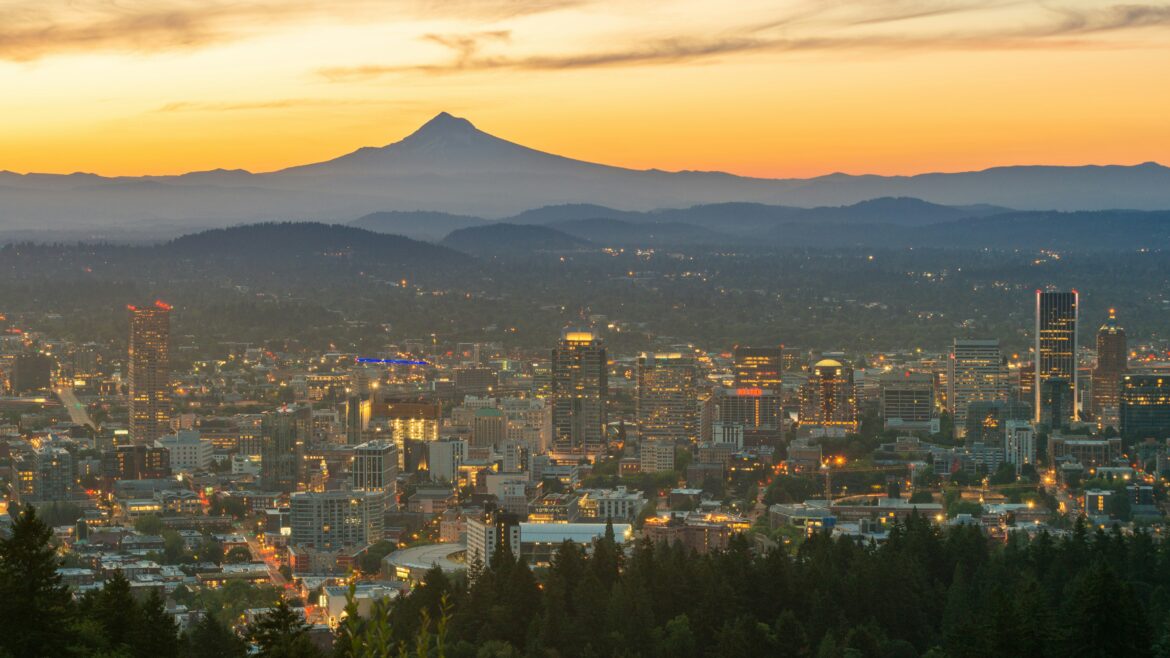Portland Oregon Fuel Market Report July 17th-23rd, 2020

07/17/2020 – 07/23/2020 Weeks Average
A spike in COVID-19 and states reverting back phases causes price fluctuation that was unseen in the retail sector. Wholesale gasoline prices have shot down by .12 cents. Retail gasoline prices have also gone down, but not within the pacific west coast. In Oregon retail gas shot up .015 cents and Washington it went up over .02 cents.
Although diesel is still on the rise in both wholesale and retail. The wholesale rack jumped .05 cents. The retail prices had minimal jumps around .005 cents in Oregon and Washington. Our new tracking is now also able to show B20 prices jumped .04 cents.

*Chart acquired from gasbuddy.com
Rack Week Average
|
Wholesale Price Average |
Wholesale Low |
Wholesale Avg |
|
E10 |
$ 1.44 |
$ 1.52 |
|
B5 |
$ 1.29 |
$ 1.32 |
|
B20 |
$ 1.19 |
$ 1.28 |
Retail Week Average
|
Retail Price Average |
National |
Oregon |
Washington |
|
E10 |
$ 2.19 |
$ 2.66 |
$ 2.80 |
|
B5 |
$ 2.44 |
$ 2.62 |
$ 2.74 |
Taxes
|
Taxes |
Federal |
State: OR |
local |
State: WA |
|
Gas |
.184 |
.36 |
.0-.13 |
.494 |
|
Diesel |
.244 |
.36 |
.0-.10 |
.494 |
Fuel News Star Oilco Follows:
REG wants you to know there is biodiesel in your fuel, whether you know it or not https://www.regi.com/blogs/blog-details/resource-library/2020/06/30/the-secret%E2%80%99s-out-you%E2%80%99ve-used- biodiesel?utm_campaign=ff&utm_source=enews&utm_medium=email&utm_content=ws
Big oil trying to reduce the carbon in their oil https://www.weforum.org/agenda/2020/07/oil-industry-less-time-to-decarbonize-than-it-might-think/
If you would like to receive this report sooner and delivered straight to your email. Fill out the following form.



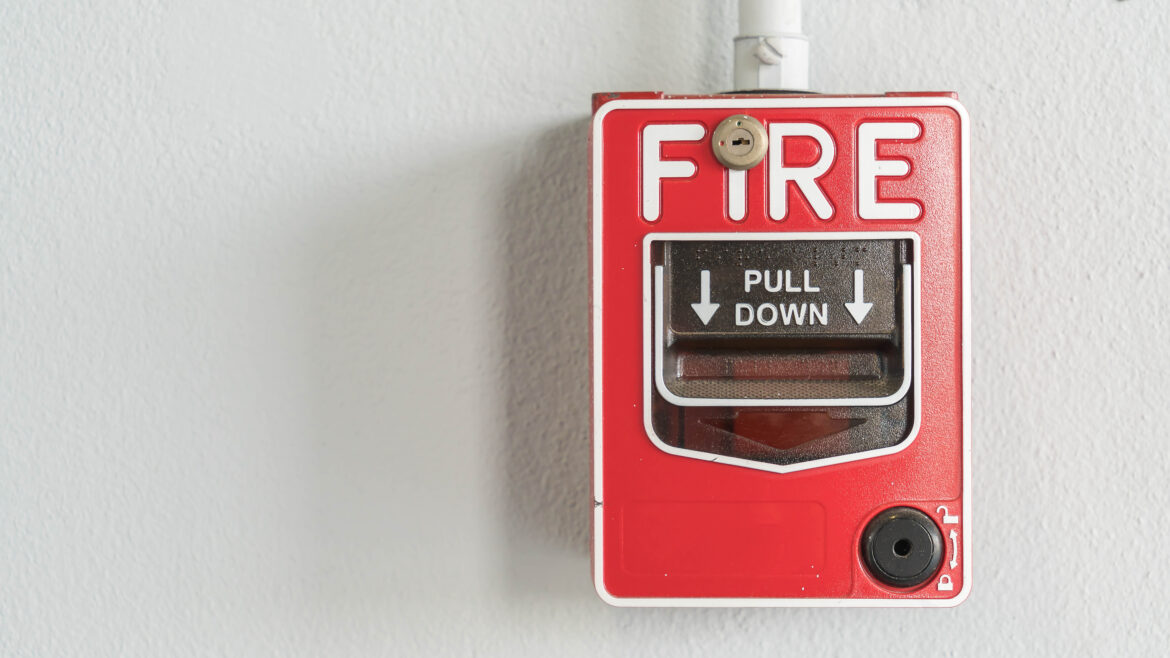

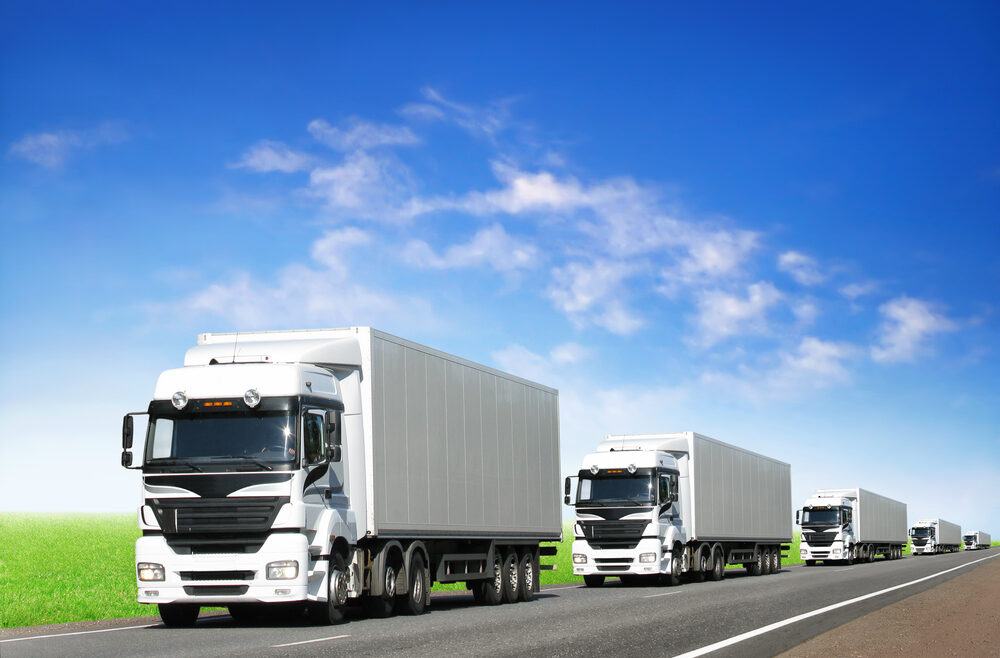
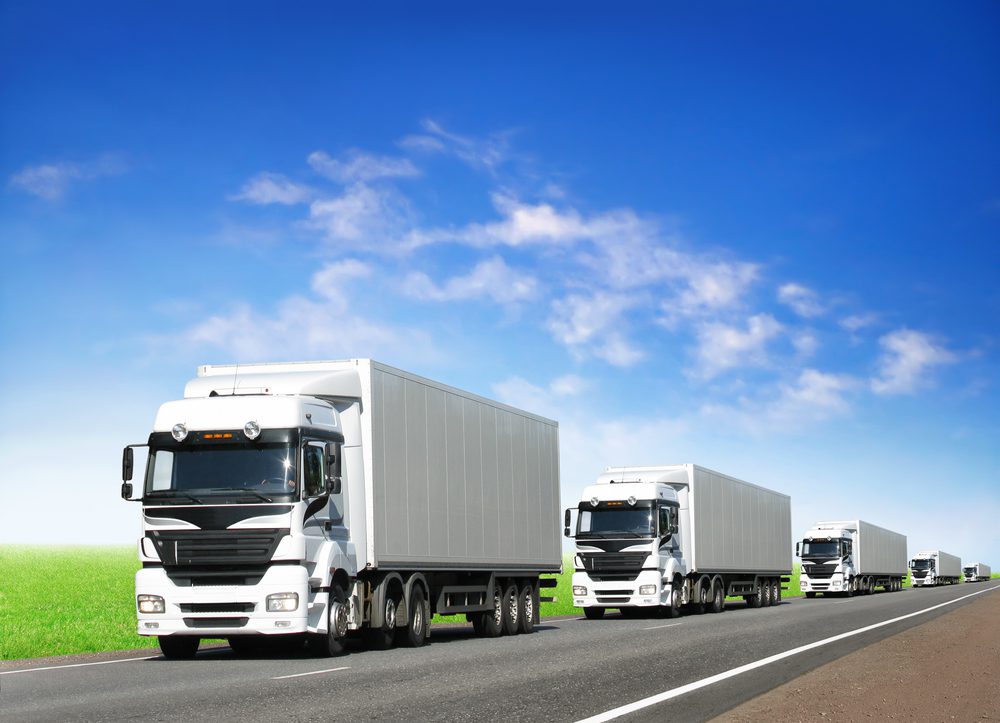
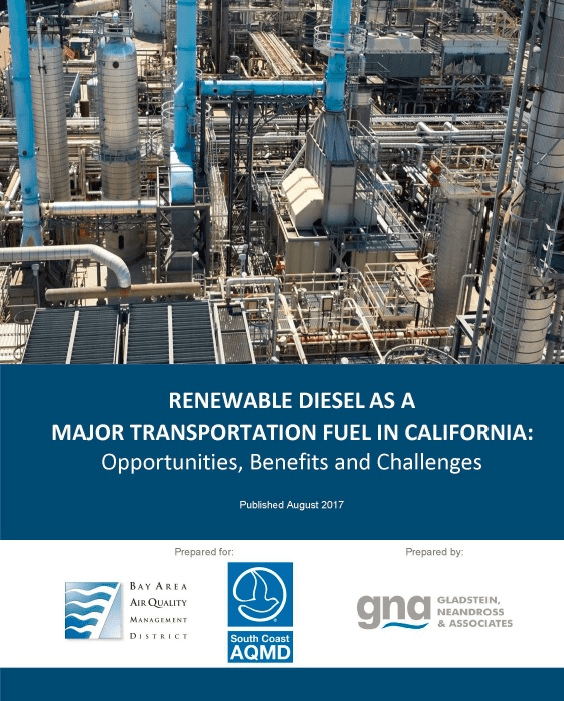

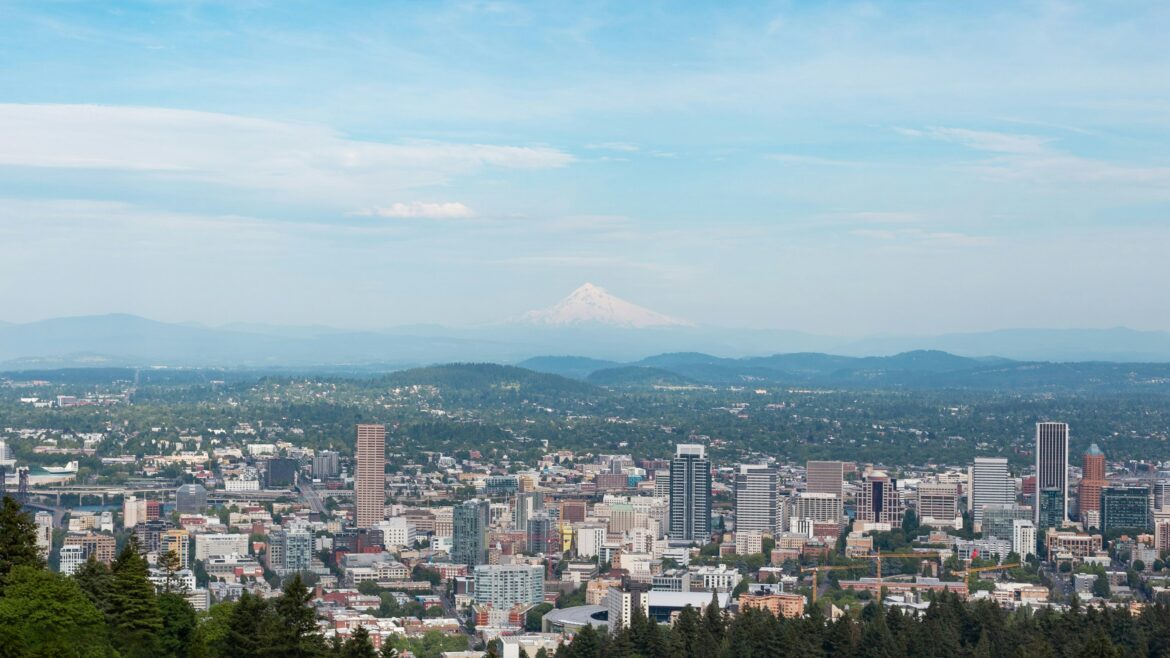



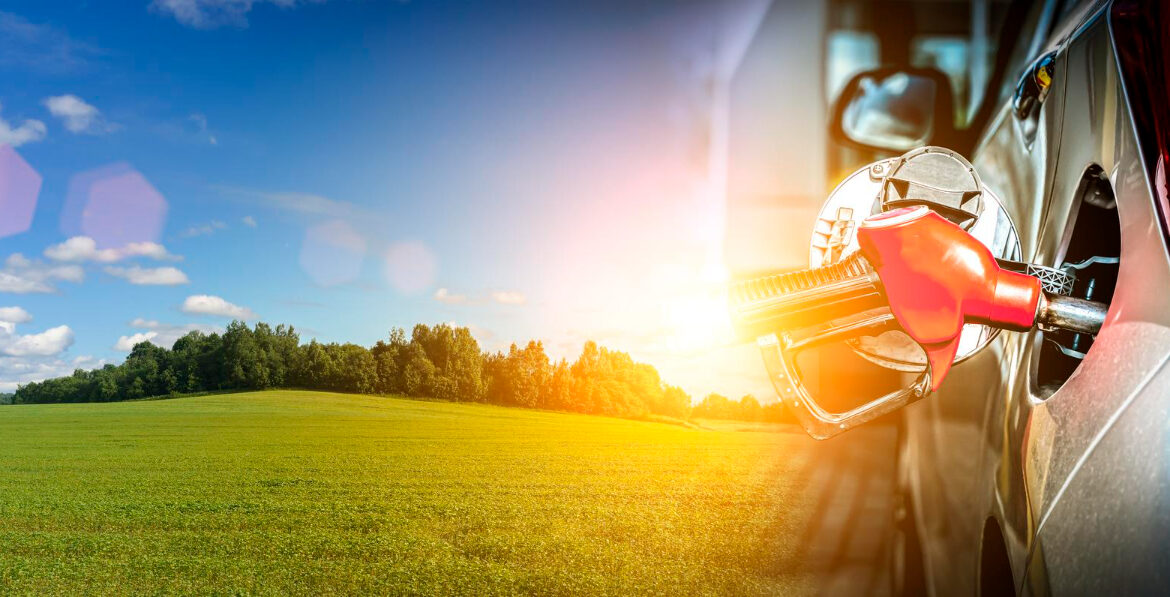

















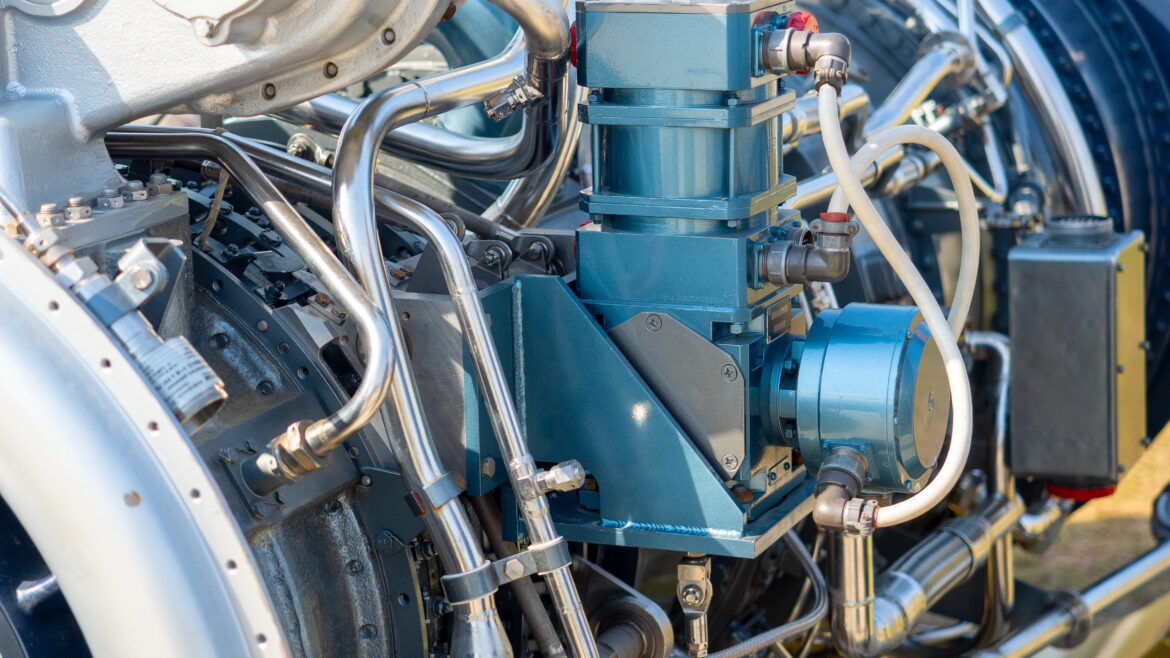


 Oregon law has a 5% Biodiesel and 10% Ethanol fuel blend mandate.
Oregon law has a 5% Biodiesel and 10% Ethanol fuel blend mandate.
